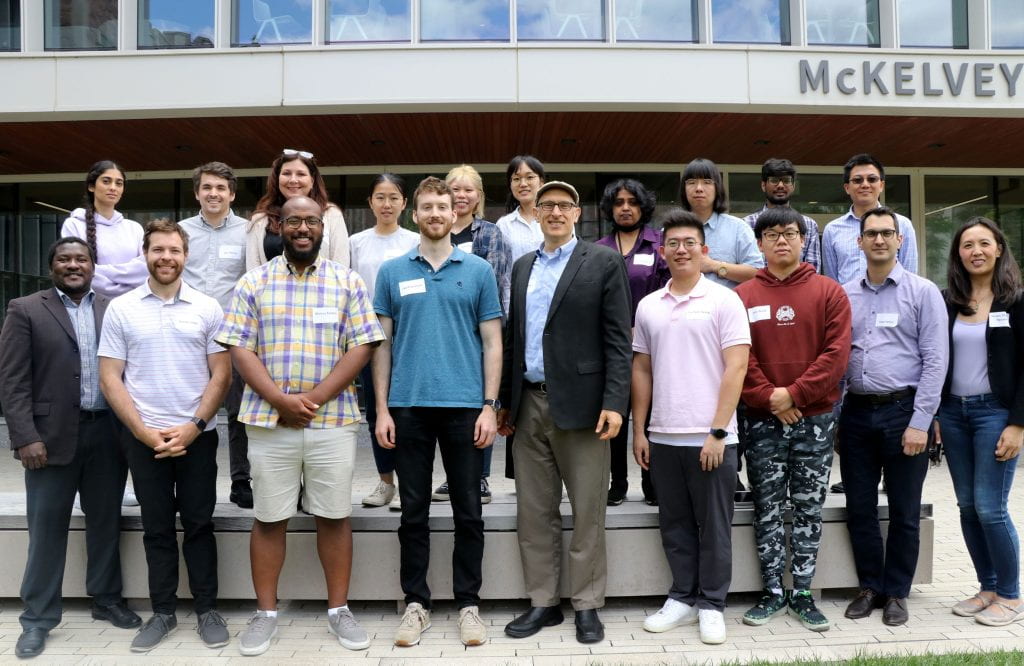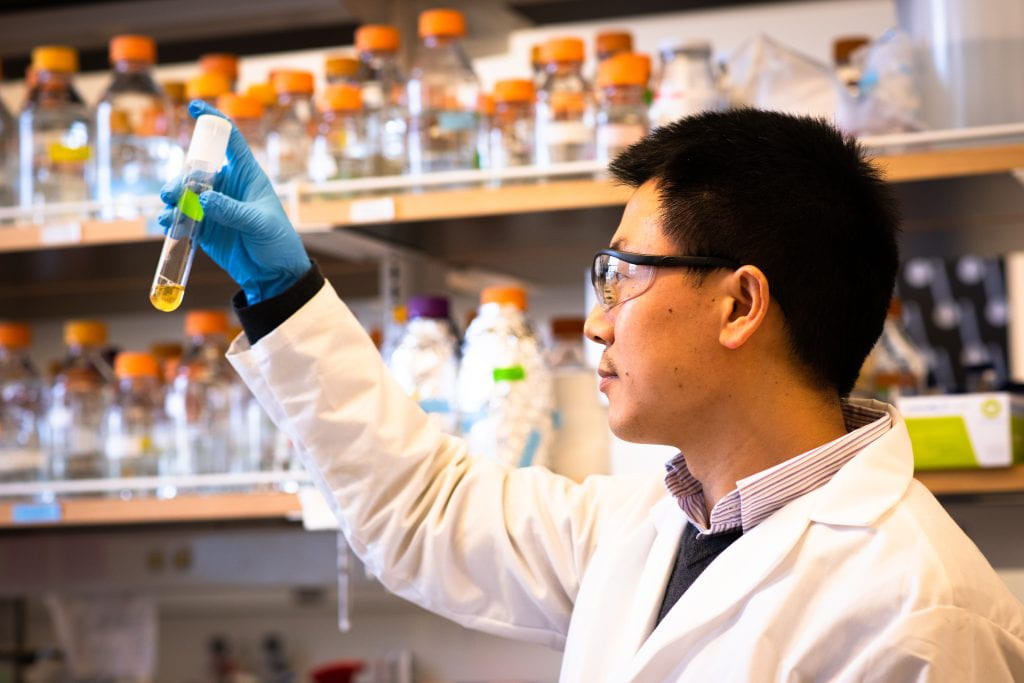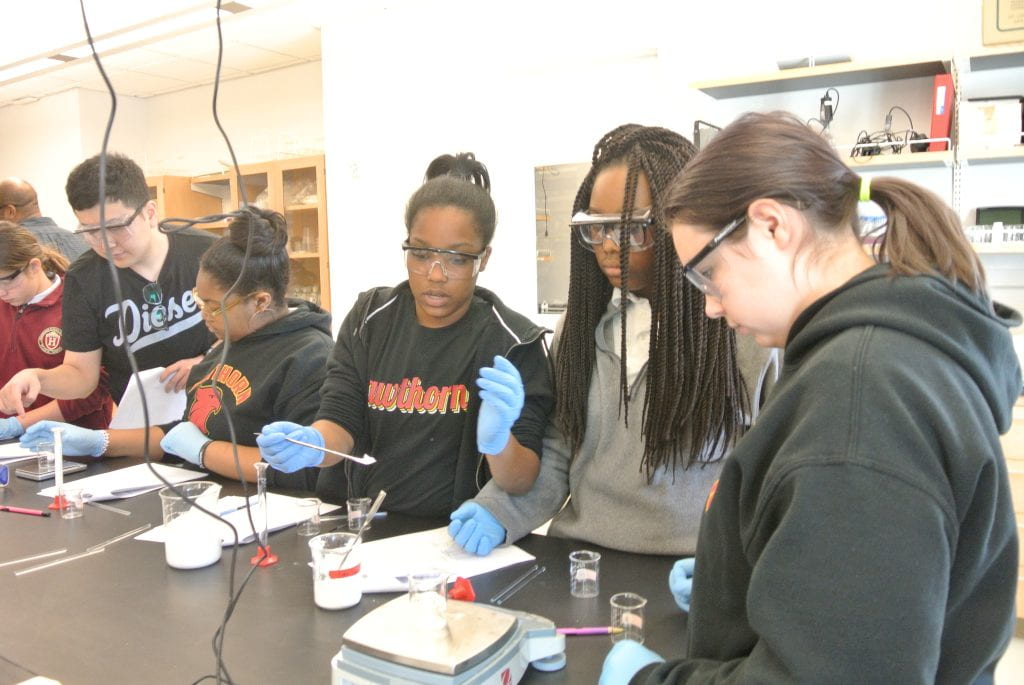What are synthetic biological materials?
Synthetic biological materials or SBMs are macromolecules whose molecular structure are encoded by DNA and produced by genetically engineered organisms using synthetic biology

Advances in synthetic biology are now enabling the development of synthetic biological materials (SBMs) with functional properties that can be tailored to address a wide range of unmet needs. By engineering microbial cells into material factories, our Synthetic biology Manufacturing of Advanced materials Research Center (SMARC) will transform bioplastics sectors by enabling the scalable, affordable, and sustainable production of these SBMs.
why and How does SMARC make synthetic biomaterials?
OUR THREE values:
Collaboration, Research, and Education.

Collaboration
Converge across disciplines to manufacture biodegradable synthetic biomaterials
To address the grand challenges such as transitioning the plastics industry to a circular economy based on bioplastics made from biodegradable SBMs, requires a convergent approach relying on the interpretation of disciplines including computer science, materials science, engineering mechanics, socioeconomic analysis, and synthetic biology.
Research
Develop a platform for synthetic biological materials discovery, production, and processing
SMARC is developing a platform for the discovery and production of novel protein-based SBMs that can be processed for a broad range of high-performance applications in the textile, construction, aerospace, and transportation industries.


Education & Outreach
Educating future researchers and the public to the potential of synthetic biological materials
SMARC is structured to build the diverse and trans-disciplinary leaders and workforce needed to transition the plastics industry to a circular economy.